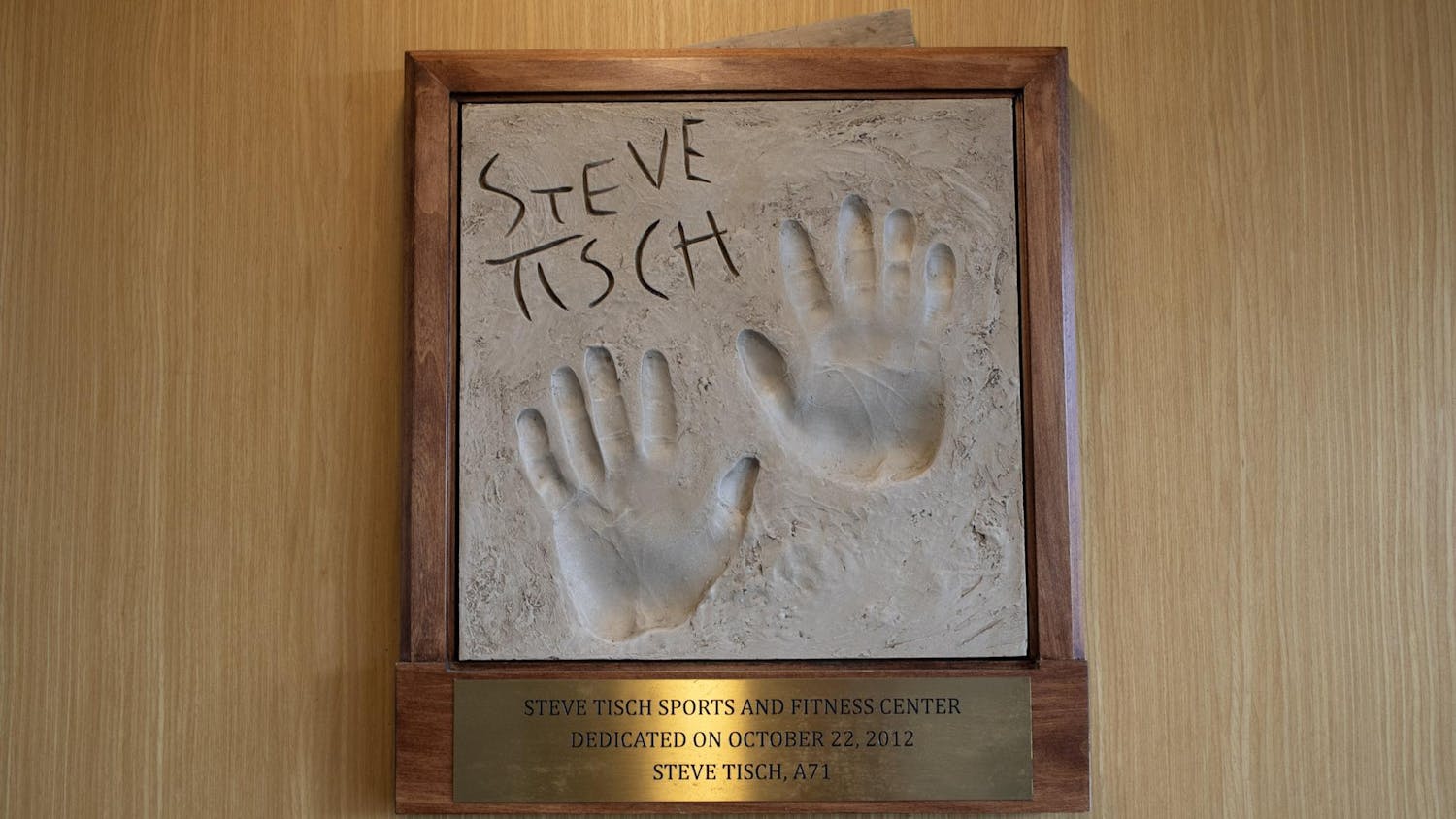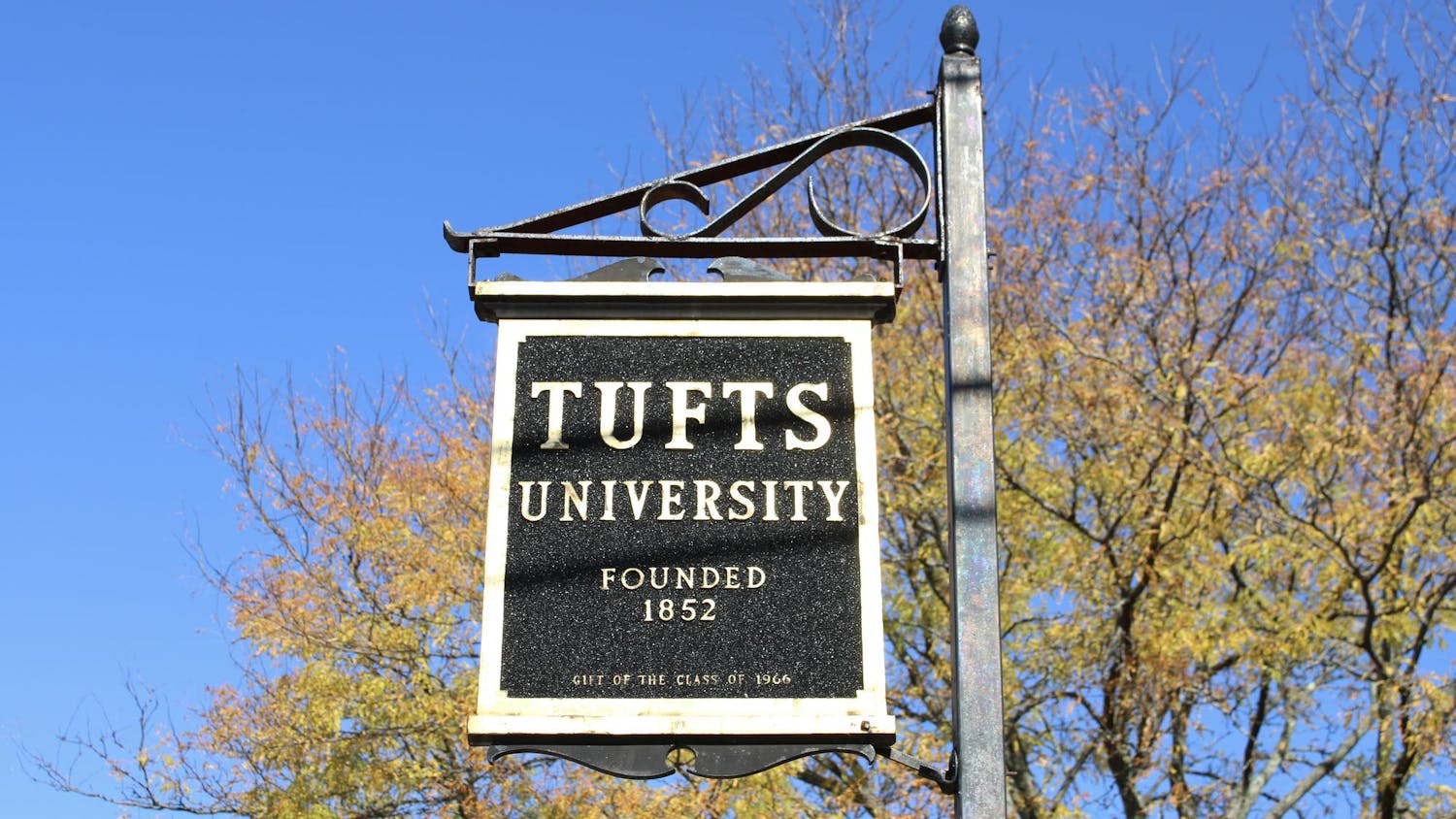Former Tufts professor Sam McLaughlin celebrated his 95th birthday on Oct. 6, 2019. During the spring in 1976, my sophomore year, he taught the most exciting class I ever took: Psychology 10,“Altered States of Consciousness.”It was Sam’s last year teaching before he retired to move with his wife to his farmhouse in Limerick, Maine. Sam was an inspiring and energetic speaker himself, and he offered a wide variety of amazing and accomplished speakers to the students would who assemble three afternoons per week in Goddard Chapel. The course inspired me to form and lead a student organization named the Tufts Altered States of Consciousness Organization, and we became lifelong friends.
In preparation for this tribute, I called Sam and asked him about his experience and impressions. He told me that he had taught the course for several years, once per year. Sam was inspired to offer the course based upon his own experience with psychedelics. He would always invite guest speakers, and in 1976, he had so many speakers he hardly had the opportunity to give lectures himself. The course had grown to the point that he had enrollment limited to 300 students, and he had to hold it in Goddard Chapel because of its size. He wanted his final year to be a course that no one would forget.
Sam and his guests discussed the science and spiritual aspects of states of consciousness, such as in dream states, meditation, kundalini yoga, and those brought about when using psychedelics, like LSD, psilocybin, ayahuasca, peyote and marijuana. We learned how different parts of the brain are active in different states of awareness and that it is beneficial for people to navigate through different moods and states of awareness. We studied the many levels of consciousness and perception, how perception plays a role in creativity and the curious role of the unconscious mind. Scientists explored near-death experience, spontaneous healing and how the mind can cause psychogenic diseases but also promote the innate and miraculous healing potential, not unlike spiritual awakening. We learned about the benefits of mystical experience, characterized by the perception of unity, a sense that it is more real than waking consciousness and the feeling of transcending space and time.
Our textbooks and lectures revealed not only the traditional uses of plant hallucinogens, or entheogens, in history and contemporary indigenous cultures, but also how they and LSD recently had been used successfully in psychotherapy and in experimental research.
Dr. Norman Zinberg, a psychiatrist who had experimented with the effects of marijuana on humans, stressed that social reinforcement has a major role in helping to minimize the great dangers of addiction, and that when a substance is illegal there is not as much information coming from older generations. Walter Clark, a professor at Andover-Newton Theological Seminary and author of a book about religious use of psychedelics, spoke about his experience with group psychedelic therapy sessions led by Dr. Salvador Roquet. Dr. Roquet had been able to help about 85% of his patients in sessions that would begin with creating a sense of chaos and leading people to synthesize their feelings and achieve a sense of vitality.
Dr. Harvey Cox, a professor at the Harvard Divinity School, spoke about his participation in the peyote ritual of the Huichol tribe of north- and central-Mexico. This had a deep spiritual impact on him and provided lasting benefits including becoming more receptive to other religious experiences.
We learned the importance of the "inner life" and the long-term benefits of deep relaxation states. Tufts professor Seymour Simches, founder of the Tufts European Center, shared teachings of Carl Jung who viewed dreams as a source of inner wisdom to expand our limited sense of identity. A psychotherapist invited students to a new way of life simply by being committed to honesty with our feelings. Various speakers shared information about meditation, yoga and religion. They invited us to use meditation to help direct thoughts away from selfishness and occupy space more graciously so that we could be more centered, and dark aspects of life would loosen their hold on our emotions.
Ram Dass (A'52), a Harvard University psychology professor who helped pioneer research into the potential of psychedelics, shared wisdom he learned under the guidance yogiNeem Karoli Baba. In a calm and peaceful way, punctuated with humor and love, he spoke about identifying with our souls and not being attached to desires and expectations. He taught that devotion to something higher than ourselves allows us to love the perfection around us and in one another.
When the class was nearing its conclusion in the spring, Sam invited interested students to discuss forming a student organization to continue learning about consciousness after he retired. The following year, I attended three meetings with the Committee on Student Life and faced strong opposition to the proposal from some of the professors. The Altered States of Consciousness Organization became a recognized organization, however, thanks to the University Chaplain Robert Miller, who spoke up in favor of preserving free speech principles and encouraging thought and inquiry.
The organization presented various speakers on topics ranging from temporal lobe epilepsy and transcendental meditation to a series on marijuana including author Bill Novak, Dr. Norman Zinberg and entrepreneur Laurence McKinney. Sam returned to speak a couple of times, and Clark spoke again about religious use of psychedelics. Dr. Carl Ruck, a classics professor at Boston University, discussed his research into the possible use of a psychedelics in ancient Greece with Albert Hofmann, the chemist who discovered LSD and synthesized psilocybin, and R. Gordon Wasson, the writer who discovered ceremonial use of psilocybin in Mexico.
The mid-1970s marked the end of a promising period of funded research into the potential for therapeutic usage of entheogens. Pioneers like Ralph Metzner, Bill Richards, James Fadiman and Stanislav Grof preserved an interest in their potential to evoke spiritual transformation.As Michael Pollan’s recent book “How To Change Your Mind” (2018) describes, some of the work continued underground. And in 2006, the Supreme Court issued a unanimous decision in Gonzales v. O Centro Espírita Beneficente União do Vegetal, upholding the right of practitioners of a religious group in New Mexico to use ayahuasca, which has been used for centuries as a sacrament.
Recently, New York University’s Psilocybin Cancer Anxiety Study has produced careful research on using psilocybin to help people with serious cancer diagnoses facing the anxiety of death, and this past September, Johns Hopkins University announced its Center for Psychedelic and Consciousness Research.
When psychedelics or entheogens are used in socially-sanctioned settings, consistently with community standards and as part of culturally cohesive practices, their potential can be realized, and the substantial risks of adverse reactions can be minimized. Sam’s courage and honest clarity have been part of our culture’s opportunity to awaken to the potential offered in these mysterious plants from our Creator that may help people find purpose, develop humility, gratitude, empathy, affection and intuitive capabilities and to be more fully alive.
More from The Tufts Daily





